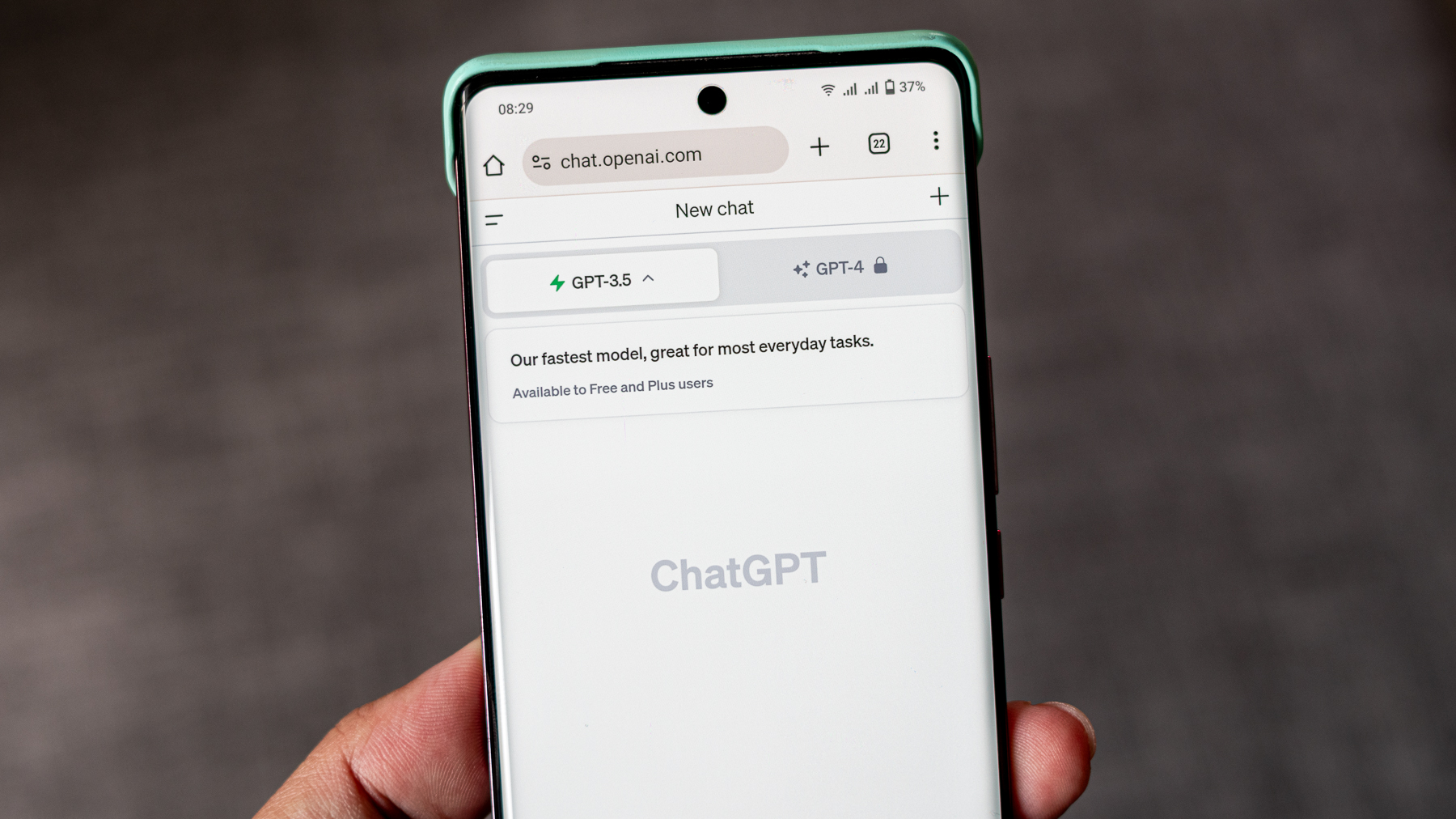This year, Android XR will debut these cutting-edge products
Several big projects are in the works, but two hold the best hope for winners in 2025.
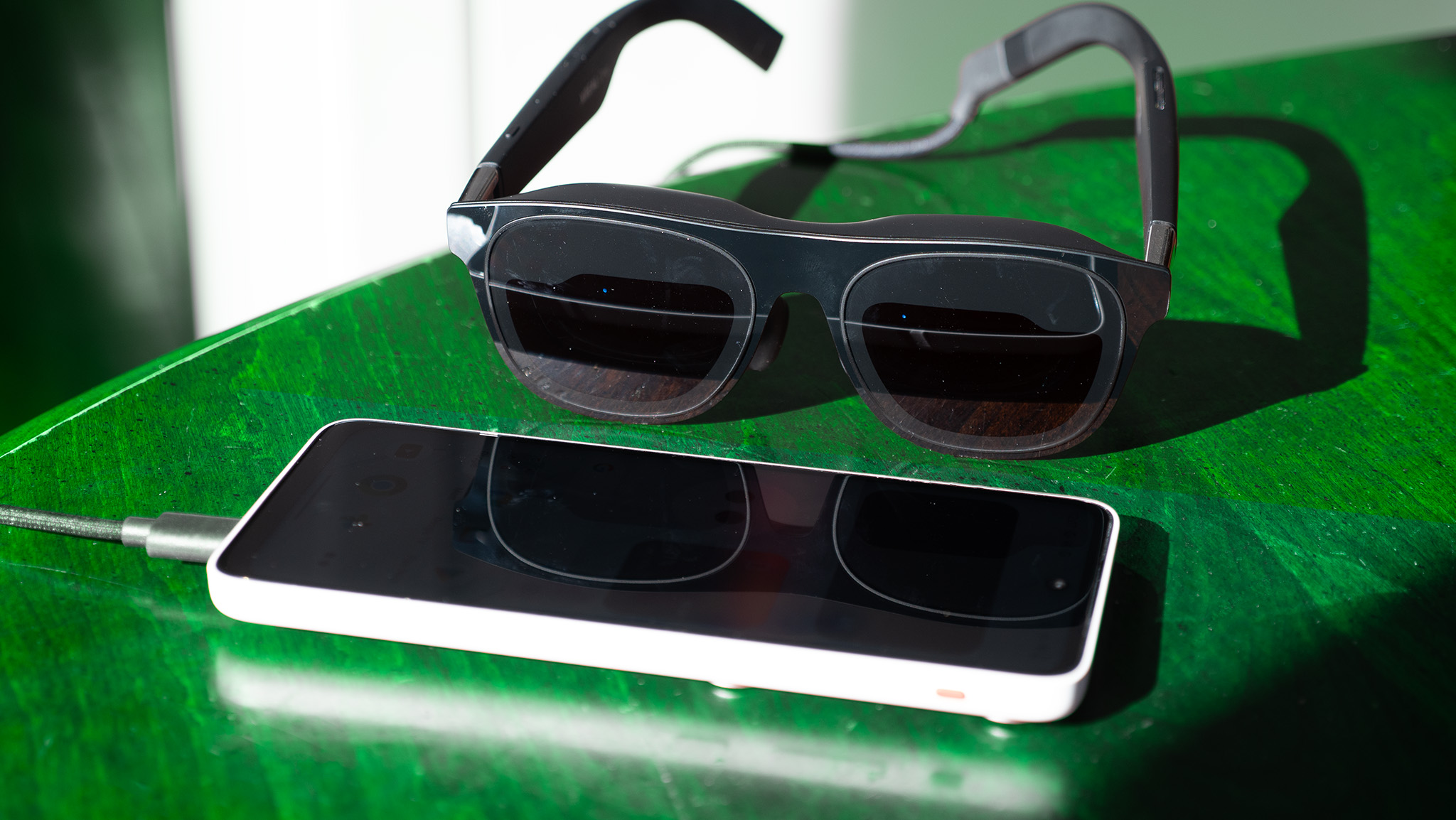

In his weekly column, Android Central Senior Content Producer Nick Sutrich delves into all things VR, from new hardware to new games, upcoming technologies, and so much more.
Google announced Android XR at a surprise event in December 2024, unveiling the first version of Android built for AR and VR devices. Just as the term "smartphone" encompasses several different form factors — slabs, folding phones, etc. — XR is the combination of AR and VR under one umbrella term.
While Android XR is a bit late to the game, Google has the chance to learn from Meta and Apple. From everything we've seen so far, Android XR looks to be the perfect combination between Meta's Horizon OS, which powers Meta Quest headsets, and Apple's Vision OS on the Apple Vision Pro.
But while Google looks like it has figured out the operating system side of things, we still don't have any proper product announcements. That's going to change in 2025, and I fully expect to see at least one flagship VR/mixed reality headset and one pair of AR glasses make a commercial debut. We also know about a few other projects in the works, so here's what you can expect from Android XR in 2025.
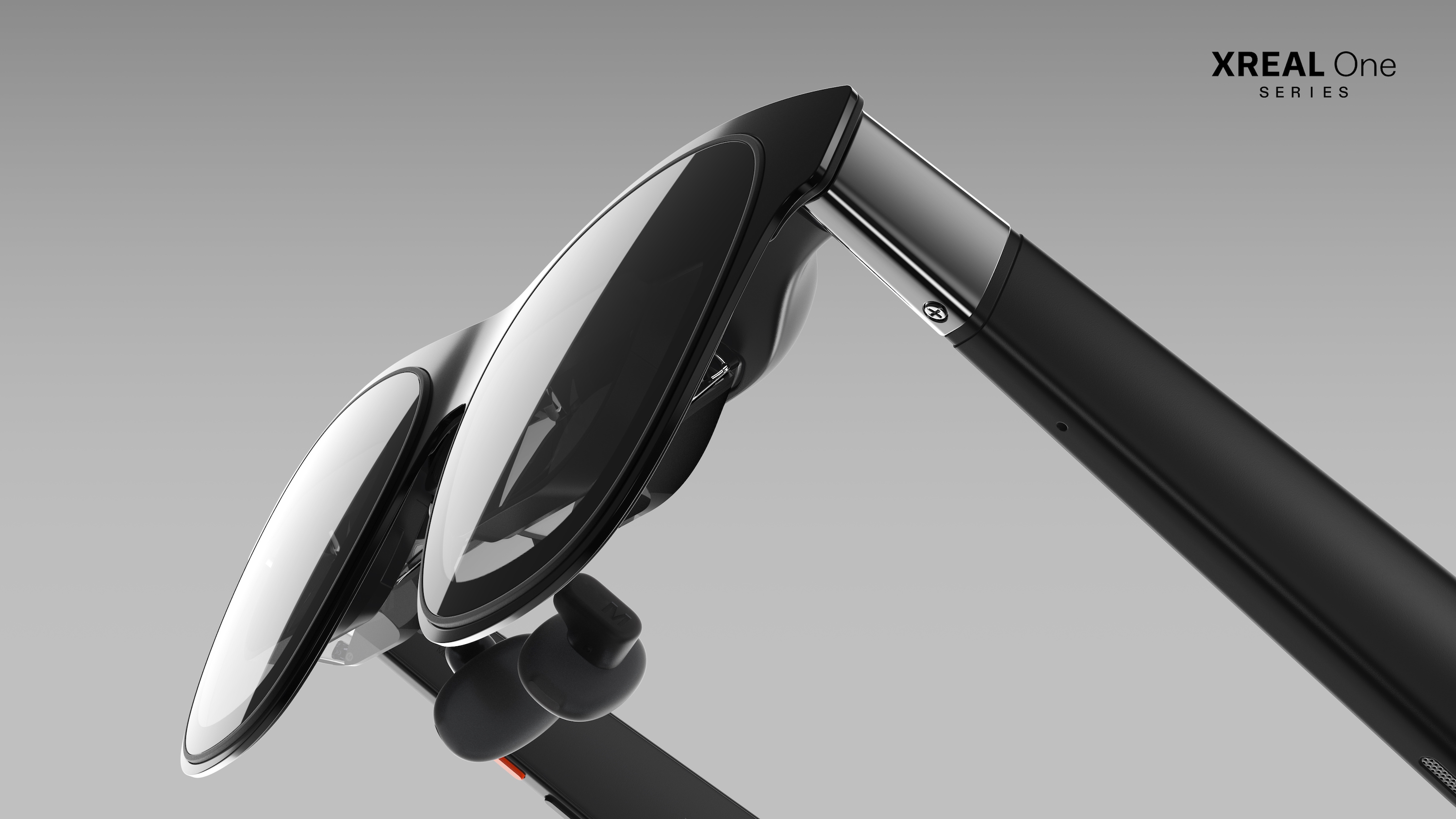
Whether you play handheld games or work on the go, Xreal One will save your neck by giving you a giant screen to work and play on. With built-in 3DoF tracking, that monitor will stay in place like a real one, so you can freely move around without having to worry about messing up your view.
Xreal
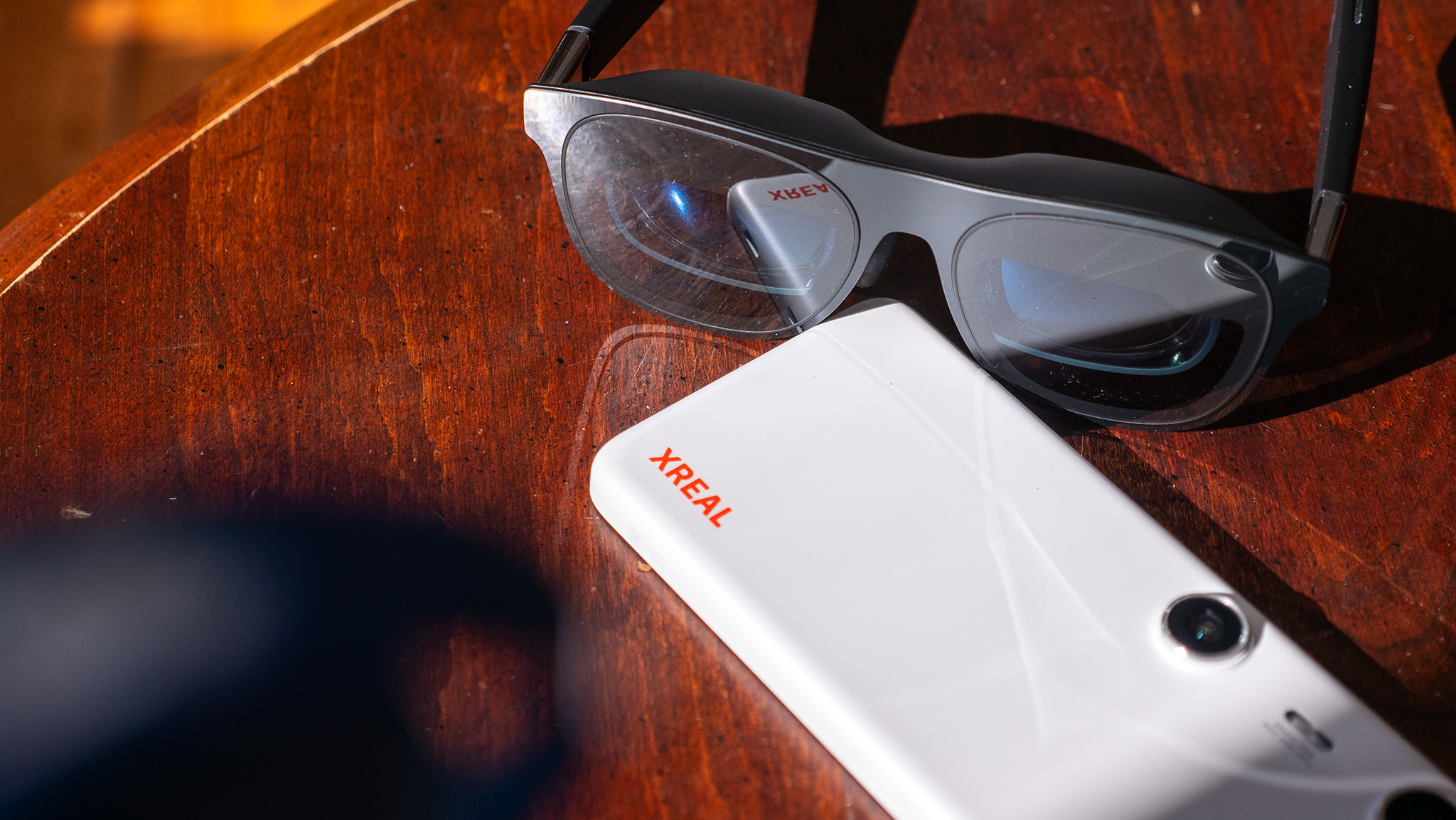
The first major Android XR product launch I expect in 2025 is from Xreal. The company has already proven itself as the market leader in smart display glasses segment and has launched two full-fledged standalone smart glasses products to date — Beam, and Beam Pro. Beam Pro redefined the company's standalone solution in 2024, and I believe Xreal will continue to evolve this concept with its first Android XR product.
Xreal Beam Pro looks a lot like an Android smartphone with dual ports on the bottom. I expect the first pair of Android XR-powered smart glasses from Xreal to replace this design with a "compute puck" similar to what Meta Orion is using. I don't expect it to be wireless like Orion's puck, as Xreal would likely prioritize battery life and comfort by putting the battery in the compute puck.
I also don't think the compute puck will feature a display, as Android XR is built to display an XR user interface rather than a traditional flat-screen Android UI. As such, the puck will only function when the glasses are attached, similar to that one Xreal-powered laptop that got canceled.
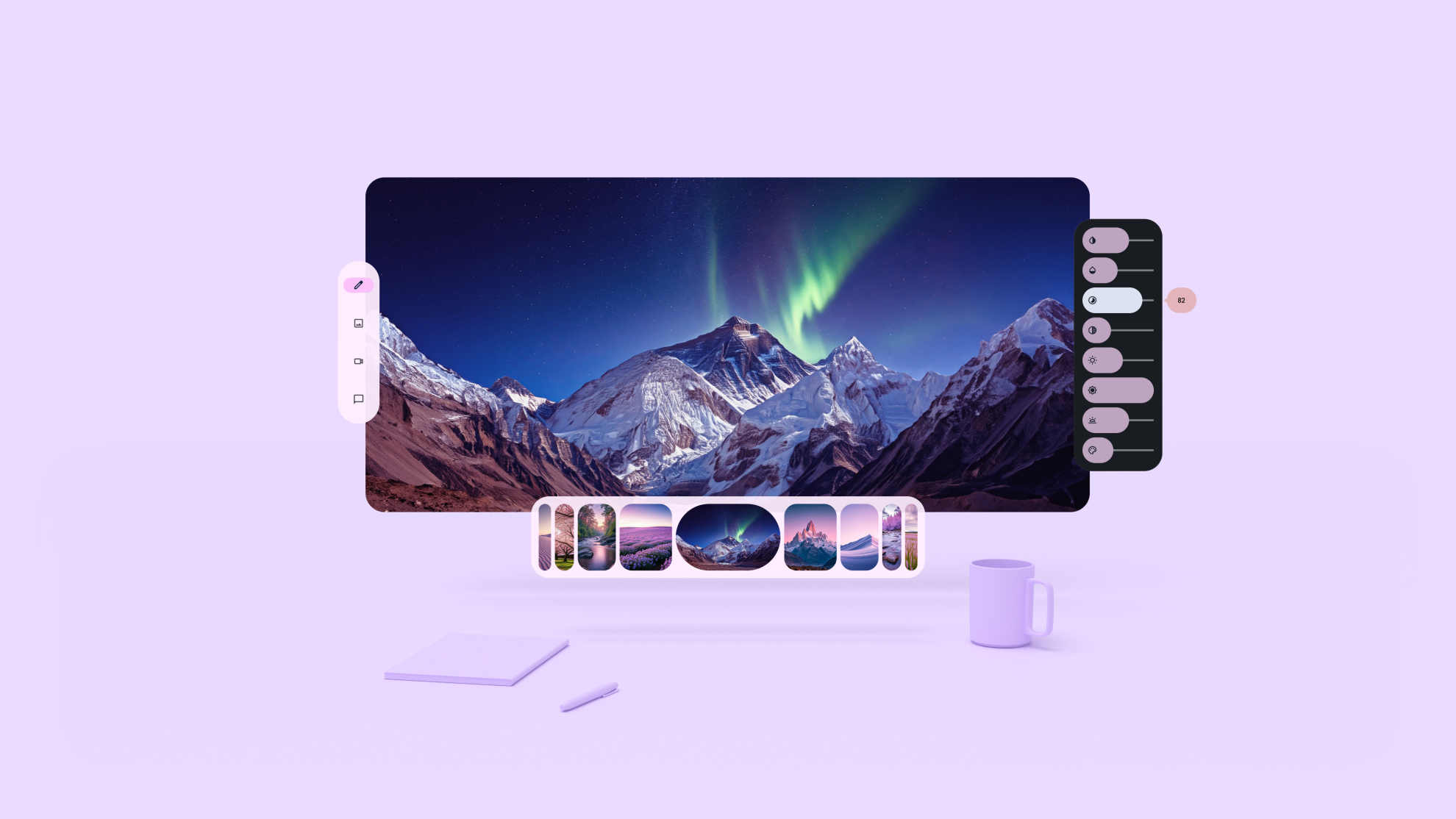
I still expect the glasses to have a custom piece of silicon inside, similar to Xreal One, the company's recently updated smart display glasses. Xreal One has an optional camera coming out soon, but I expect Xreal's first Android XR glasses to have cameras built in for full spatial tracking. I got a glimpse of this future at MWC 2024 when I went hands-on with Xreal Air 2 Ultra, which featured a very beta custom UI, full 6DoF tracking, and rudimentary hand tracking support.
Be an expert in 5 minutes
Get the latest news from Android Central, your trusted companion in the world of Android
Xreal Android XR glasses will almost certainly use a compute puck that sits in your pocket or is clipped somewhere else on your body.
With Android XR powering the experience, hand tracking will be flawless and the UI will look gorgeous. I'm quite confident in Xreal's ability to deliver excellent hardware at this point, and fully expect Xreal's Android XR glasses to challenge Meta Orion in a serious way.
While the ultimate goal of Android XR smart glasses will almost certainly be to replace your phone, I think initial versions from companies like Xreal will mainly be focused on providing a neck-saving experience for entertainment and productivity on the go.
When will we see Xreal Android XR glasses? I believe we'll see them debut at Google I/O 2025, which is typically held in May. Google I/O is the company's annual developer conference, and what better way to encourage development for a new Android platform than to fully debut it and a new set of products than at a developer conference? I can't think of one.
Samsung
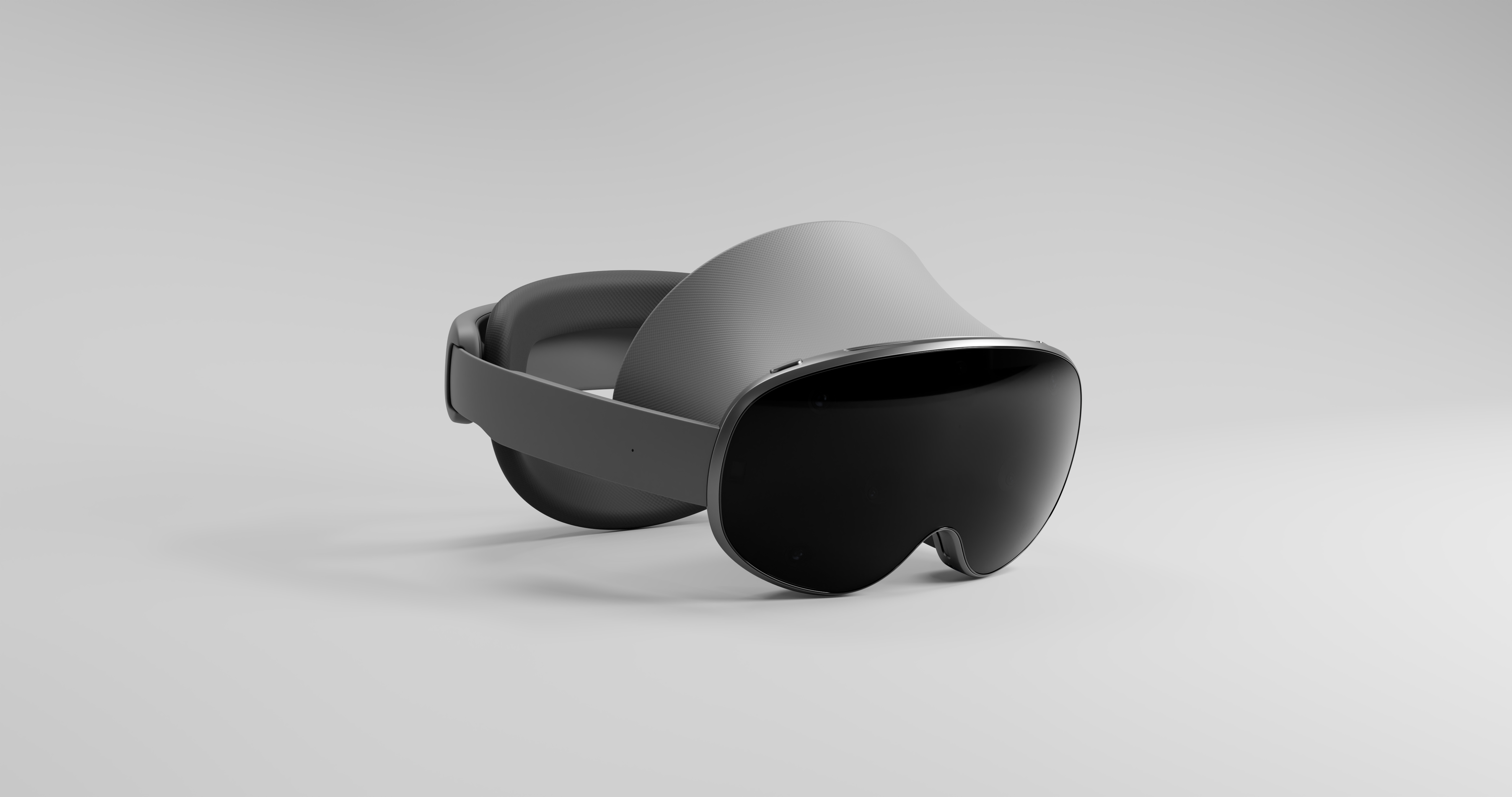
According to years of leaks, Samsung and Google had originally planned to launch its first mixed reality headset powered by Android XR sometime in the latter half of 2024. That all changed when Apple unveiled the Vision Pro in the summer of 2023, which seemingly compelled Samsung to go back to the drawing board to make a more compelling device.
The result is Project Moohan. We don't know the final product name for it just yet but we do know Samsung plans to release it commercially sometime later this year. That's a full year late, but it absolutely means we're going to get a better product because of it.
Samsung aims to deliver a cutting-edge product that looks like a melding of the Meta Quest Pro and Apple Vision Pro into a (hopefully) more affordable headset. It sports the same ski goggles-like form factor as these two products and even uses a similar magnetic light blocker system and halo-style strap as the Quest Pro, which I still find to be the most comfortable VR headset for long-term use.
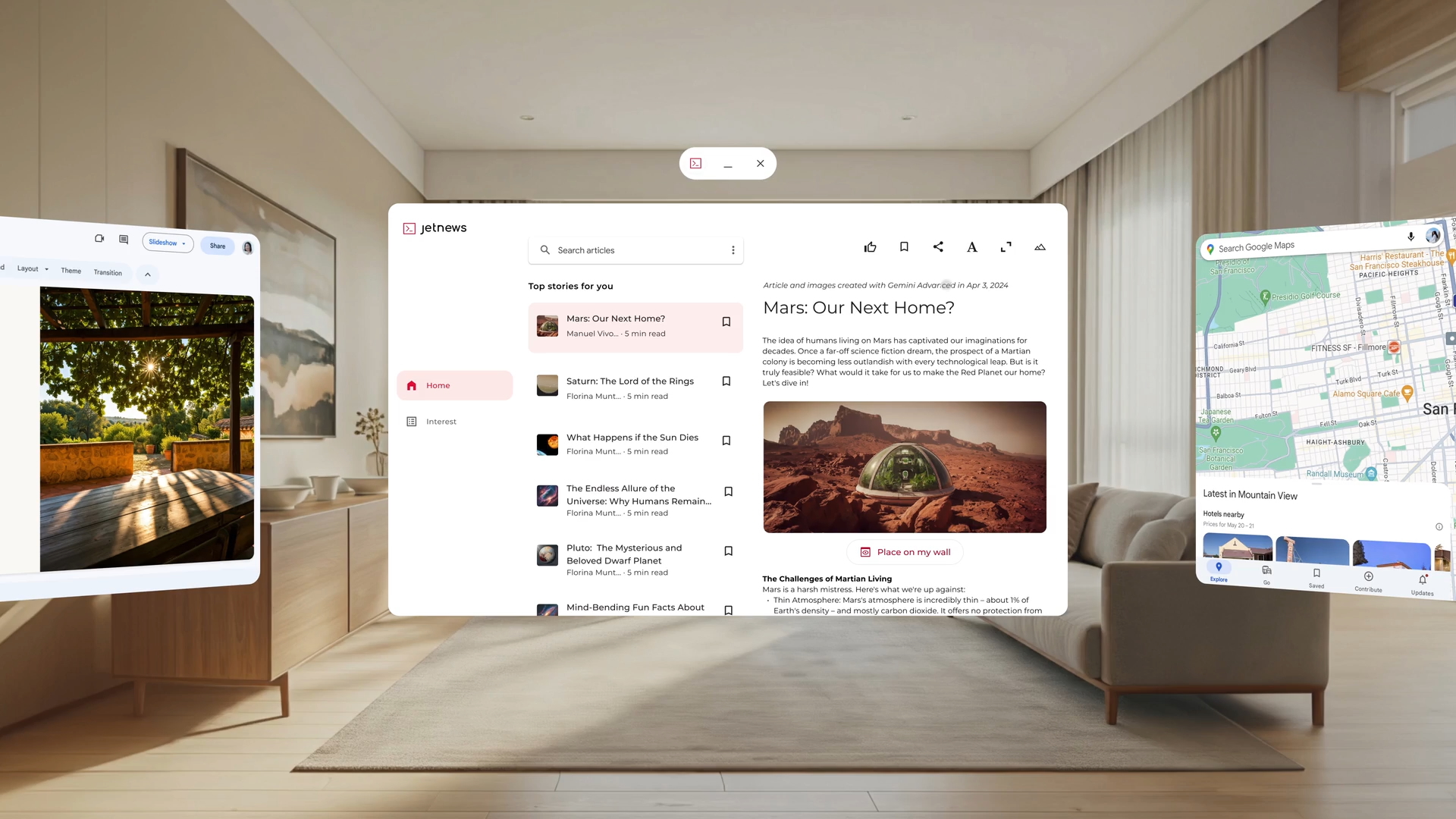
Because Samsung waited a bit, it's able to fix the biggest problems with the Vision Pro and Quest Pro, namely by delivering an ideal balance between price, performance, and long-term comfort. Moreover, unlike Apple, Samsung will be launching its headset with motion-tracked controllers instead of relying entirely on hand tracking.
Google is using the Job Simulator developers to help give its headsets a unique personality that we'll see later this year.
Google has already tapped into its long history with XR development by getting Owlchemy Labs — creators of the infinitely popular Job Simulator VR game — to create the onboarding experience for Android XR. Owlchemy built this new experience in the Job Simulator world and, appropriately, calls it Inside [JOB].
Google's use of Owlchemy Labs for this project feels like the "good old Google" that had fun creating projects and pouring lots of character into them. That, combined with Samsung's hardware expertise and what we've seen of the incredibly polished Android XR, gives me high hopes that we'll finally have a good standalone VR headset to compete with Meta's seemingly unstoppable Quest 3 domination.
While Project Moohan is just a prototype, hands-on demos from Google's Android XR event give us a good idea of what we should expect when the final headset makes its debut, which I expect to happen later this Summer at the second Samsung Unpacked of 2025. This is usually where Samsung unveils its latest foldable phones, smartwatches, and other wearables, which, this year, should include a wearable mixed reality headset.
Everyone else
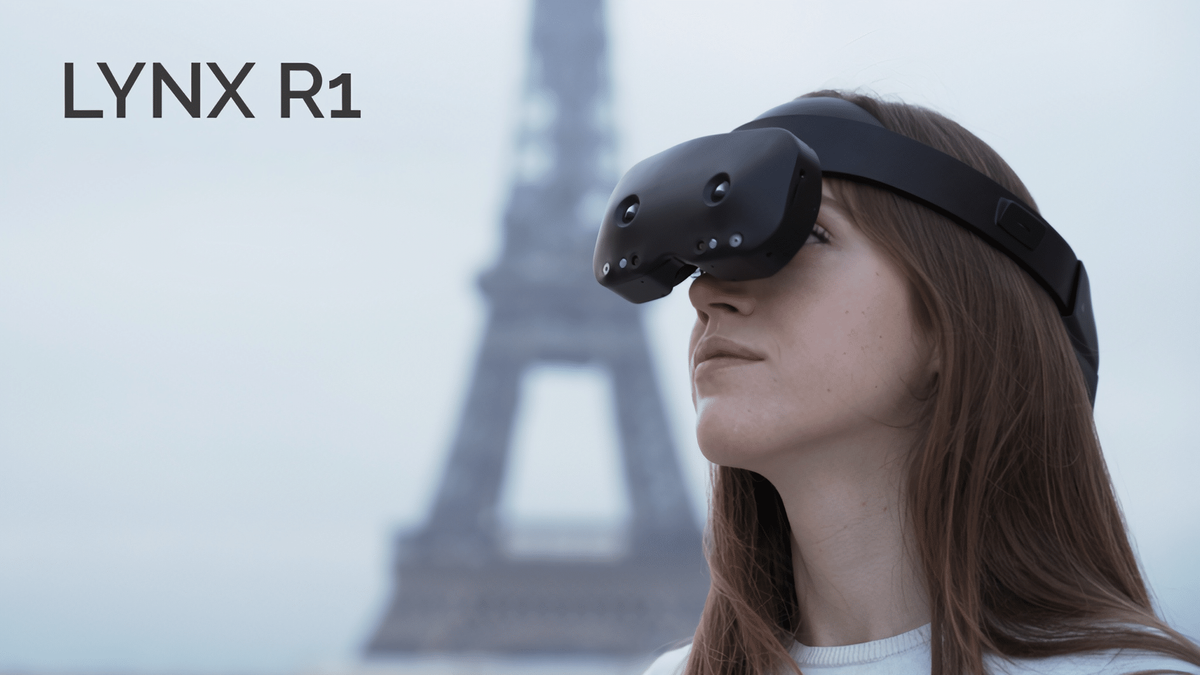
Google has also partnered with Sony, Lynx, and Magic Leap to debut Android XR devices in the near future, but we know next to nothing about what any of these companies are working on. At the least, I can surmise what each company might do based on existing products.
Magic Leap will, undoubtedly, make a new pair of AR glasses that'll be powered by Android XR instead of the OS that powers existing Magic Leap glasses. Magic Leap was the first AR company that partnered with Google last year to help build Android XR. It makes sense, then, that Magic Leap will at least tease a new pair of AR glasses this year.
Sony is known in the XR space mainly for PlayStation VR, but the company also announced a new mixed reality headset last January for enterprise customers but has yet to properly release it. That headset — now called Sony XYN — is powered by the same Snapdragon XR2 Plus Gen 2 chipset that powers Samsung's Project Moohan (detailed above), so it would make sense for Sony to build another version of this headset using Google's new XR OS and give it a wider audience than who it's currently made for.
Three other major companies, Lynx, Sony, and Magic Leap, are also expected to debut Android XR products this year, but those may not make store shelves.
And that just leaves Lynx. The company's first headset, the Lynx R1, soft-launched in the spring of 2024 to a handful of early financial backers. The headset featured cutting-edge "no latency" mixed reality vision and is also powered by a Snapdragon XR2 chipset, although the R1 never went into mass production.
It's entirely likely that the company is working with Google to properly launch a headset built upon similar tech in the R1 but using a newer Snapdragon chipset and Android XR on the backend. That helps the company with the app support it needs to ensure a rich experience and help Google to launch a healthy Android XR product portfolio by the end of 2025.
Bridging the gap
Android XR feels like the beginning of Android back in 2008. Much of Android's original public announcement talked about how fragmented the space was and how one company (Google) could bring them all together with an OS that helps set standards and define the user experience.
Meta is trying the same thing at the same time, but Google has nearly 2 decades of experience building a platform that works on thousands of devices. The company absolutely can deliver on the promise of an OS that bridges the gap between different types of hardware and delivers a stellar experience for anything you want it to do, and we can't wait to see what the first real product brings this year.

You must confirm your public display name before commenting
Please logout and then login again, you will then be prompted to enter your display name.
